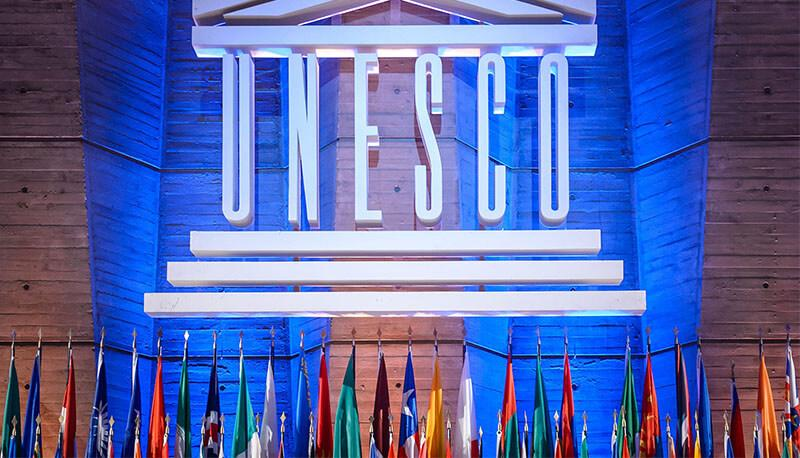"In democracies
the exercise
of power becomes
service."
At the conference held on April 24, at the Pontifical Lateran University, promoted by the Cortile dei Gentili, the cardinal spoke about the relationship between religion and power in the light of the Scriptures. In the confrontation between believers and non-believers, the writer D'Arcais underlined the importance and effectiveness of a dialogue "without diplomatism".
Monsignor Staglianò: democracy is service and
affirmation of social trust, otherwise there is a risk of authoritarian drift
-
by Antonella Palermo -
Vatican City
Render to Caesar
what is Caesar's, to God what is God's. It is the biblical fulcrum referred to
by Cardinal Gianfranco Ravasi, creator of the Courtyard of the Gentiles, who in
the round table held today, 24 April, at the Pontifical Lateran University and
moderated by Monsignor Antonio Staglianò, president of the Pontifical Academy
of Theology, illustrates the relationship between religion and politics as
offered by the Holy Scriptures.
Don't
confuse secular with secularist
The cardinal,
president emeritus of what was the Pontifical Council for Culture, highlights
the difficulty of the current challenge of walking between a theocratic model,
with its statist parallel, of power management and a model that takes into
account the political teaching of Christ. On the one hand, the absolute
verticalism which derives power from a superior entity or which confines the
sacred to an intimate temple without social implications, on the other the
assumption that human society is the true subject, in which there are some
values foundations proposed by religion, since man and woman are the image of
God (even women, the cardinal specifies, "we often forget"). The
issue in constant play is, Ravasi warns, confusing secularist with secularist.
And in this regard, he invites us not to forget that "Christ was a layman.
Therefore his presence allows us to understand how he himself gave the impulse
to overcome the theocratic model".
Politics
and democracy in a liquid society
The theme is taken
up again by President Giuliano Amato who, after a historical summary of the
process of affirmation of democracy in the West, asks how to protect the common
good in the face of the risk, inherent in the very concept of democracy, of the
disintegration of power. The point is, essentially, "how to restore a
common platform of cohesive factors". Because politics, for example if the
function of parties is discredited, ends up being deprived of those elements
that absorb tensions between individual interests. The party system projects
politics towards future horizons, Amato maintains, which otherwise limits
itself exclusively to re-acting, and not to acting, as it should, on impulses
that crush it on the contingencies of the present. "When we lost the
visions provided by the parties, societies shattered", he explains and
underlines that the individualisation of the liquid society contributed to the
phenomenon. “In this context, aggregation on the extremes becomes even more
harmful and unproductive”, he underlines, citing among others the aspect of
diverging positions on an issue such as abortion. “From the treatment of taxes
to that of immigrants, it is not easy to find cohesion – he adds – but it is
fundamental”.
What
dialogue do we believe in?
Paolo Flores
D'Arcais, director of the MicroMega magazine, expresses his dissent by
insisting on the fact that democracy "relies only on itself " and
that "in the discussion for the deliberation that leads to the norm, the
topic of God cannot be inserted otherwise we are no longer dealing with
citizens." The philosopher specifies that in a democratic regime only
“established facts, the use of logic and constitutional values (those that make
us co-citizens) count”. He also invites us to clear the language of ambiguity:
"Which God are we referring to? What concept of democracy, given that even
some despots speak of democracy?". The director says he believes in
"dialogue without diplomacy", the only one in which all differences
are highlighted, otherwise any common action will be weakened.
The
"disease" of apathy and the risks of authoritarian tendencies
Replying to
D'Arcais on some aspects concerning the end of life and self-determination is
Monsignor Staglianò: "When I say I decide for myself, I must understand
that that 'for me' is a social product", he states, while welding together
solidarity and citizenship speaks Monsignor Patrick Valdrini , professor of the
Lateran University, who points out that "the faithful have the right to be
recognized as a freedom that belongs to all citizens and a culture acquired in
the Church, without this separating them from the rest of society" . And
if Cardinal Ravasi comments, in agreement with D'Arcais, denouncing a
particular form of illness which defines apatheism, or indifference, even in
the religious sphere, which has truly become an enemy of democracy, on the eve
of 25 April, Liberation Day for Italy, Monsignor Staglianò, to Vatican News,
specified that " within democracies the
exercise of power becomes service ". When this is not the
case, he underlines, it becomes authoritarianism.
And he returns to
the value of the common good: it "cannot be the sum of the interests of
individual groups, but must be social trust within a peaceful civil
coexistence, where all citizens can show solidarity and love each other. A
democratic society that would prevent human ability to express oneself would
not be such."
Vatican News







